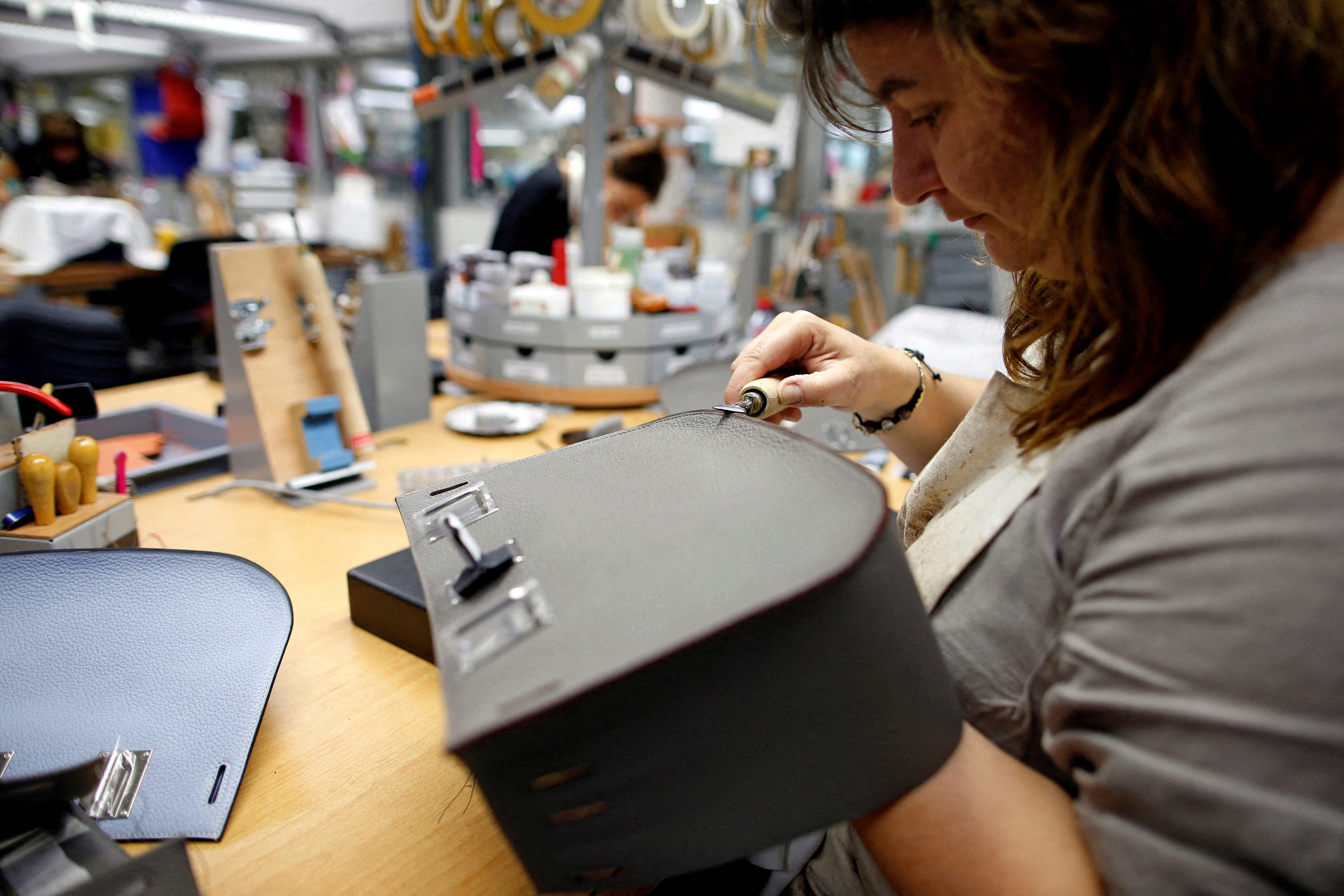
A Manhattan federal jury on Wednesday concluded that an artist’s non-fungible token versions of Hermes’ (HRMS.PA) famous Birkin bags violated the French fashion house’s trademark rights.
In one of the first intellectual-property trials over the popular digital tokens known as NFTs, the jury found artist Mason Rothschild’s unauthorized “MetaBirkins” were likely to confuse consumers.
The jury awarded Hermes $133,000 in damages for trademark infringement, dilution, and cybersquatting, the U.S. District Court for the Southern District of New York confirmed.
Rothschild’s attorney Rhett Millsaps called the result a “terrible day for artists and the First Amendment.” Representatives for Hermes did not immediately respond to requests for comment.
The case has been closely watched for its potential to clarify how trademark law will apply to NFTs, which are unique tokens on blockchain networks often used to verify ownership of digital art.
Hermes’ prized leather Birkin handbags typically sell for tens of thousands of dollars each. The company has sold over $1 billion worth of Birkins in the United States, including more than $100 million worth in the past ten years, according to a court document.
The fashion house sued Rothschild last year over his MetaBirkins, 100 NFTs associated with images depicting the bags covered in colorful fur.
Hermes in its lawsuit called Rothschild a “digital speculator” and the NFTs a “get rich quick” scheme. It said Rothschild began offering the NFTs at the Art Basel art fair in Miami in December 2021, and over $1 million worth of them had been traded by early the next month.
The luxury house has its own plans for NFTs that Rothschild hindered, it said in a court filing.
Rothschild, whose legal name is Sonny Estival, argued that the works are an absurdist statement on luxury goods and immune from the lawsuit based on First Amendment protections for art.
The case is Hermes International v. Rothschild, U.S. District Court for the Southern District of New York, No. 1:22-cv-00384.

